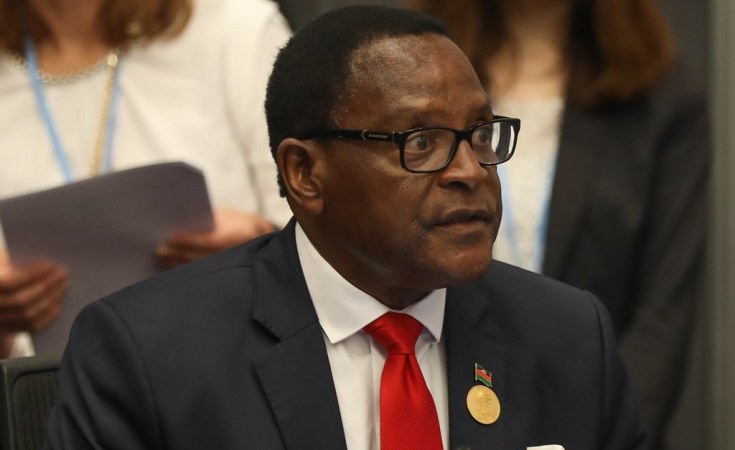On the night of November 27, 2024, President Lazarus Chakwera took to the podium in the capital, delivering a sweeping national address that laid bare the struggles Malawi faces while outlining bold measures to combat fuel shortages, political violence, food insecurity, and voter registration challenges. With a mix of humility and resolve, the President presented a roadmap designed to guide the country through these turbulent times.
Tackling Fuel Shortages: A New Direction
For weeks, Malawi has endured crippling fuel shortages that brought the nation's economy and daily life to a standstill. The President acknowledged the frustration of citizens who queued for hours at petrol stations, attributing the crisis to a stark reality: the nation's monthly fuel demand of $50 million exceeds its capacity to generate foreign exchange.
To address this, Chakwera announced the imminent transition from the Open Tender System--a market-driven mechanism for importing fuel--to Government-to-Government (G-to-G) agreements. This strategic pivot aims to secure stable and affordable fuel supplies under more favorable payment terms.
Chakwera has already constituted a high-level Coordinating Committee, comprising key ministers and technocrats, to expedite this transition. "We need a system that guarantees reliable access to fuel," the President declared, underscoring the urgency of the issue. As a first step, he will travel to Abu Dhabi next week to negotiate agreements with the United Arab Emirates, marking what could be a turning point in Malawi's energy security.
A United Front Against Political Violence
The President also addressed a concerning rise in political violence. From the tragic killing of a party member in Blantyre to reports of intimidation in Lilongwe, these incidents threaten to tarnish Malawi's reputation as a bastion of democracy in Africa.
"Political violence has no place in our society," Chakwera declared, aligning himself with former Presidents Bakili Muluzi, Joyce Banda, and Arthur Peter Mutharika in condemning the attacks. The Malawi Police Service has been directed to investigate and prosecute all perpetrators, signaling a zero-tolerance policy toward those seeking to destabilize the nation.
Confronting the Shadow of Hunger
The specter of hunger looms large over Malawi, with 5.7 million citizens facing food insecurity due to a devastating drought that has crippled maize production. Chakwera detailed a herculean response effort: the development of a National El-Nino Response Plan, international lobbying efforts, and coordination with global partners to secure food aid.
Thanks to these efforts, significant support has been mobilized, including $92.6 million from the World Bank, $23 million from the African Development Bank, and food supplies from countries like Ukraine and India. Yet, a shortfall of 89 billion Kwacha persists, leaving 1.2 million Malawians still waiting for relief.
Chakwera acknowledged the gaps in distribution and promised better coordination among the Ministries of Finance, Agriculture, and Local Government. "Help is on the way," he reassured the affected families, urging patience as the government ramps up its efforts.
To ensure long-term fiscal stability, the President announced upcoming austerity measures to be presented by the Finance Minister, signaling a commitment to balancing immediate humanitarian needs with economic discipline.
Championing Voter Registration Amid Challenges
With the 2025 elections approaching, voter registration is a pressing issue. Chakwera encouraged Malawians to exercise their constitutional right, addressing reports of low turnout in food-insecure areas and the impact of political rhetoric discouraging registration.
"Voting is your right," he said emphatically, urging citizens to register despite challenges. While acknowledging grievances about the registration process, he called for peaceful resolutions through legal channels rather than abstention.
Hope and Resilience
Chakwera's address struck a balance between realism and optimism. He candidly admitted the scale of the challenges but rallied the nation to embrace hope and unity. His decisive measures--whether shifting fuel procurement strategies, mobilizing food aid, or standing firm against political violence--reflect a leader committed to steering Malawi through stormy seas.
As Malawians digest the President's words, the road ahead remains fraught with uncertainty. Yet, Chakwera's bold proposals and impassioned plea for cooperation signal a leader who understands that the strength of a nation lies not just in its policies but in the resolve of its people to rise above adversity.
The question now is whether these measures will be enough to ignite the change Malawi so desperately needs--or if greater challenges await. For now, the President has planted seeds of hope, leaving Malawians and the world watching closely to see them bear fruit.


